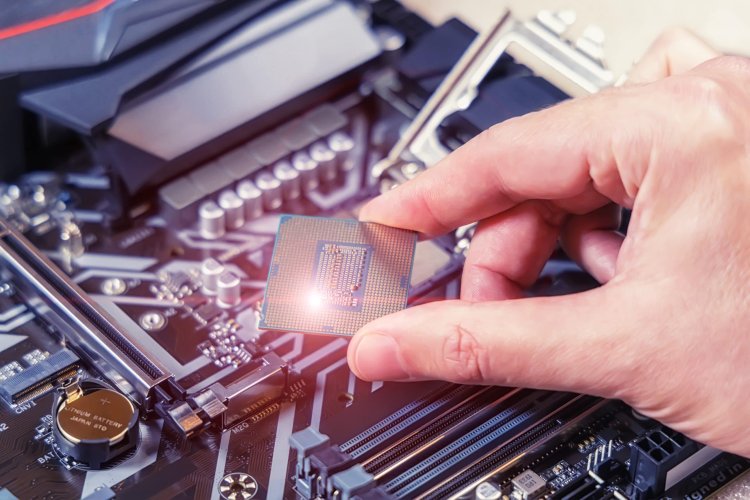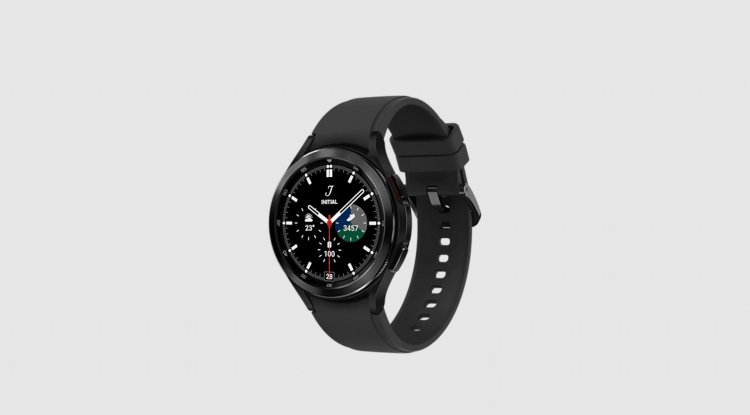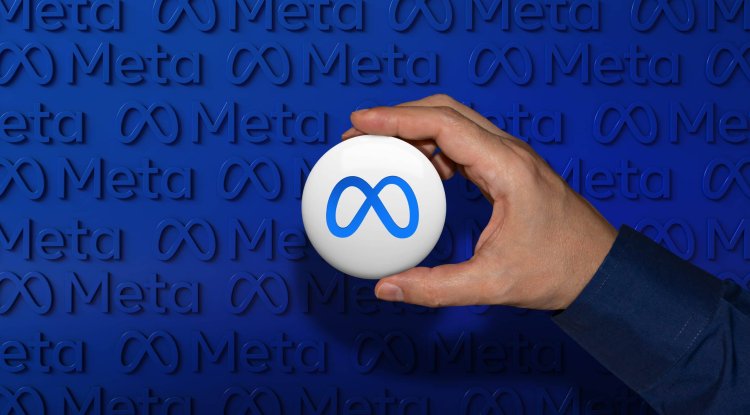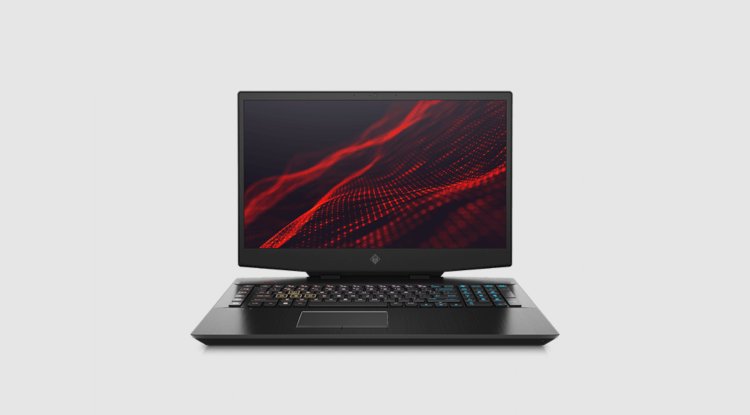Intel Core i9-12900KS: Data confirmed

The Intel Core i9-12900KS was no longer shrouded in mystery, but Newegg has officially made it official. The CPU costs 800 US dollars.
The majority of the Core i9-12900KS info was previously leaked, but it is now official. Newegg frequently advertises the CPU for sale and asks for $800, which is $50 more than expected and $350 more than the Ryzen 7 5800X3D - an unequal contest, but one for the fastest gaming CPU, which both suppliers are willing to provide.
The Core i9-12900KS has fewer drawbacks than the Ryzen 7 5800X3D.
In general, you get a Core i9-12900K with E core clock speeds of 2.5/4.0 GHz (+100 MHz) and P core clock speeds of 3.4 and 5.5 GHz (+200/300 MHz). However, when it comes to the boost, it should be noted that this is the Thermal Velocity Boost, which is only available if the general conditions allow it.
Otherwise, the frequency is 5.3 GHz (+100 MHz). MTP (Maximum Turbo Power/PL2) is 241 watts, which is somewhat less than the previous expectation of 250 watts.
With the listing on Newegg, one might presume that the items will be dispatched soon. It should come as no surprise that the major showdown will take place around April 20th, when the Ryzen 7 5800X3D will also be available for purchase.
So far, though, you could pre-order it but Intel's colleagues could not. This sets the stage for the very unequal benchmark clash. The overall answer is that Intel is the more expensive option when platform costs are included, but because Alder Lake officially supports DDR4-3200 as well as DDR5-4800, you can absolutely measure great comparison figures for analysis.
MSI has already released BIOS upgrades for the MEG Z690 models; if the power supply works, it is expected that practically all LGA 1700 motherboards will be supported. Because the Intel Core i9-12900KS changes little from the K model here, it will eventually simply require a microcode update.
One thing is certain in Intel's case: the air is thin at the top. The final few percent of extra performance cost a disproportionate amount of money; perhaps so much that some will have a bad talk with their budget planner.
From this vantage point, it is intriguing how many CPUs Intel was able to choose and ultimately sell from the Core i9-12900KS.




























